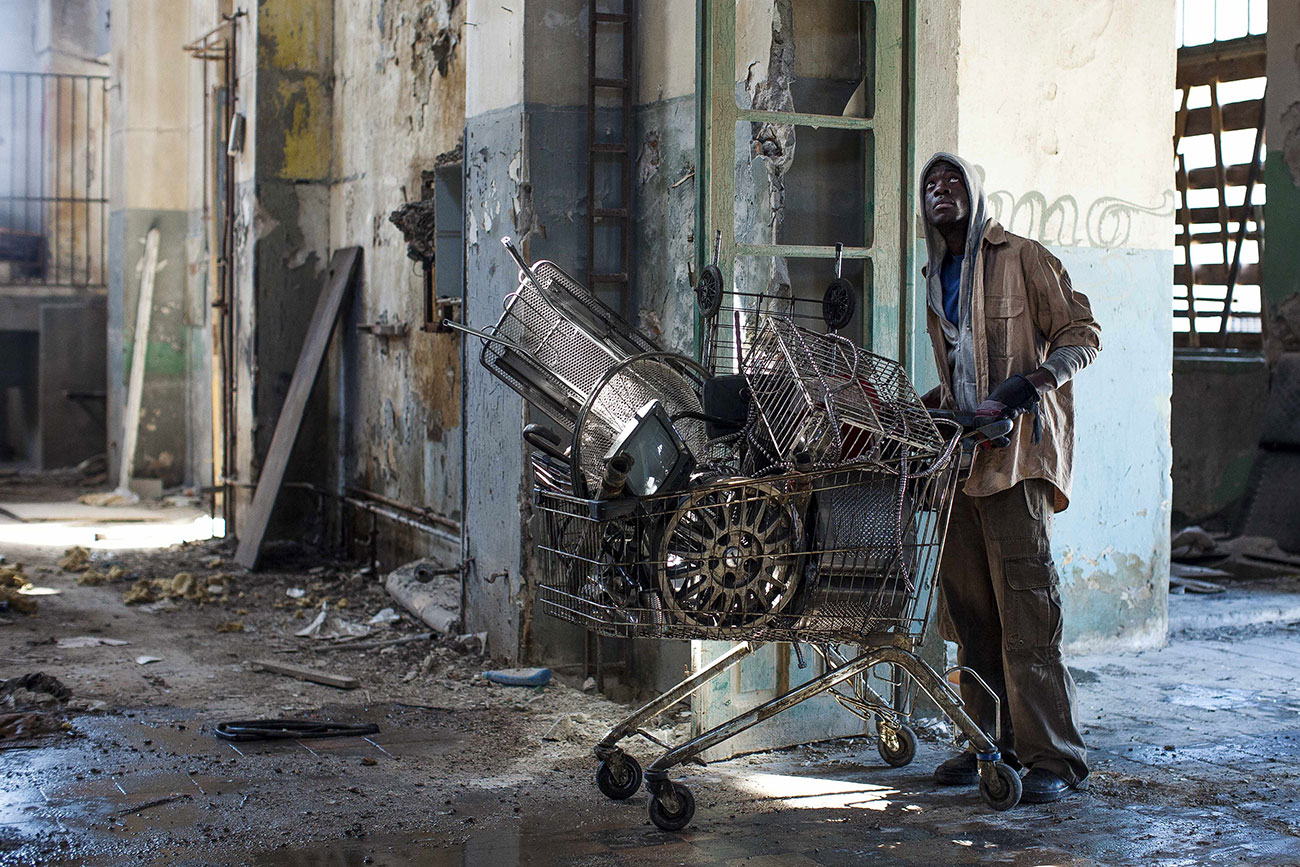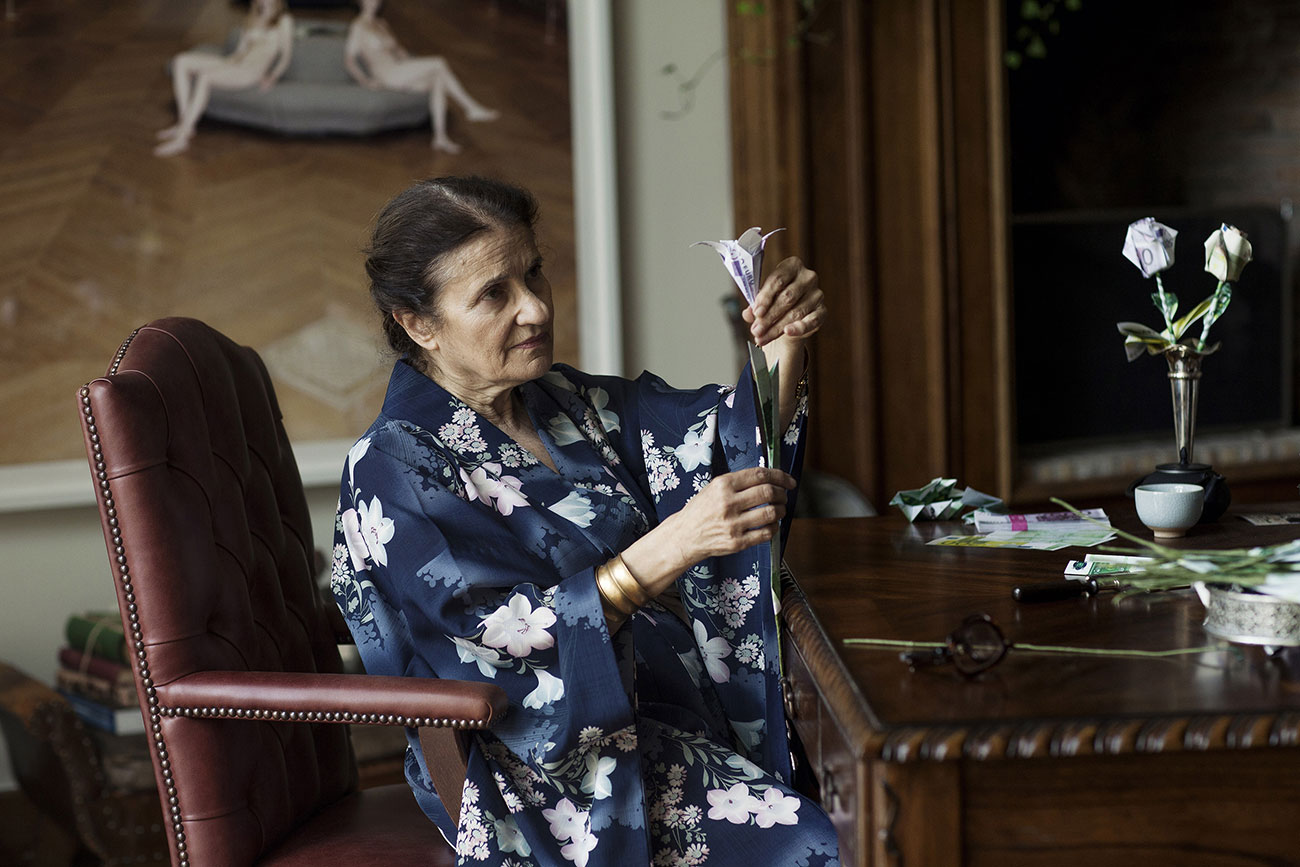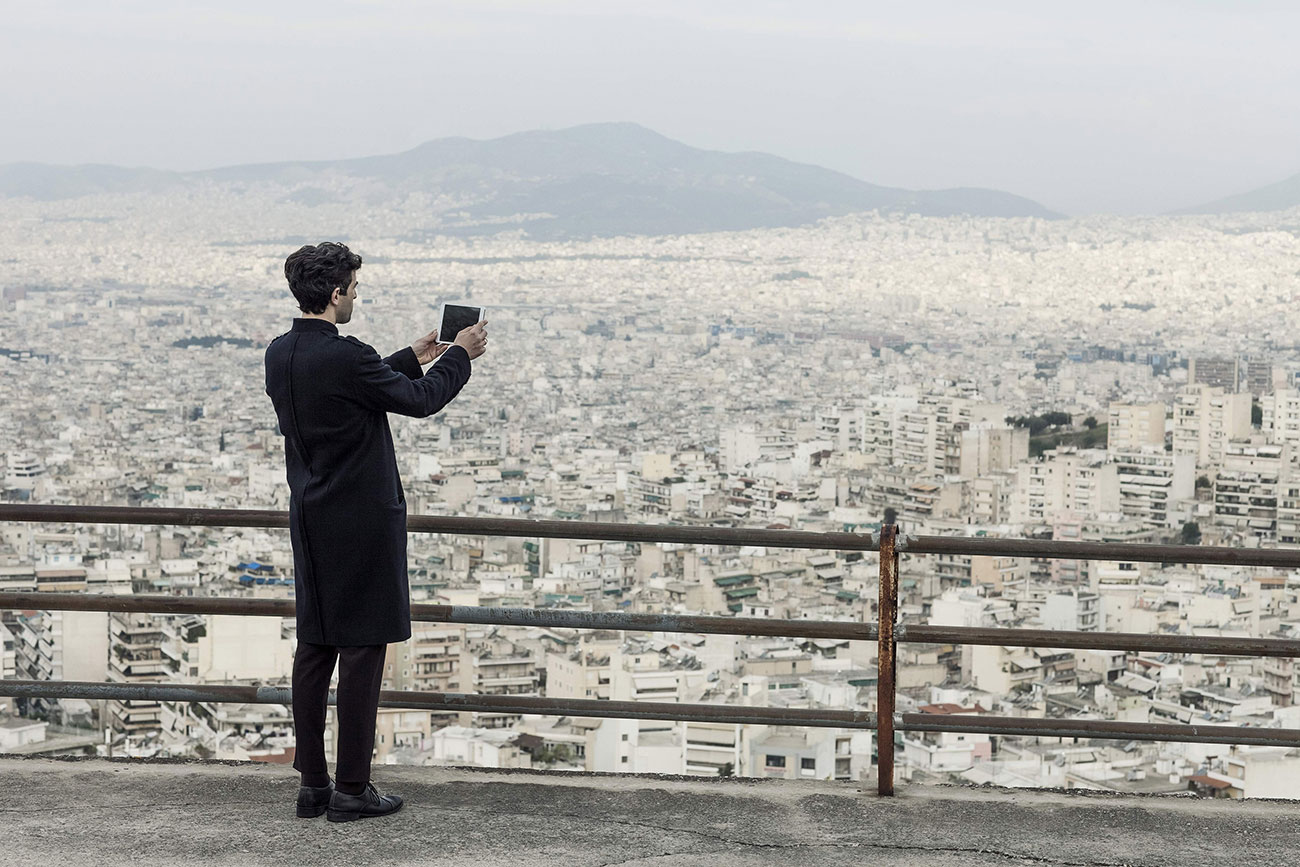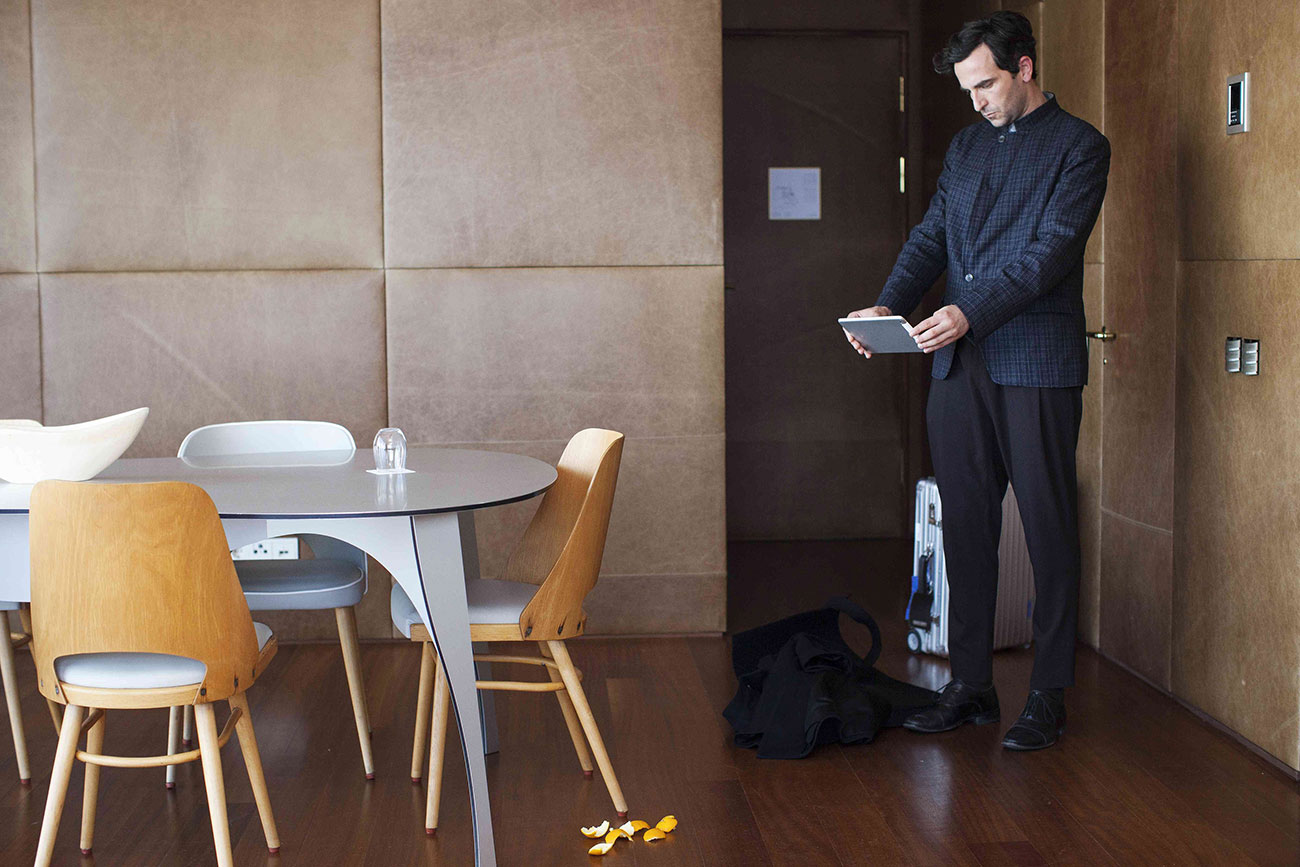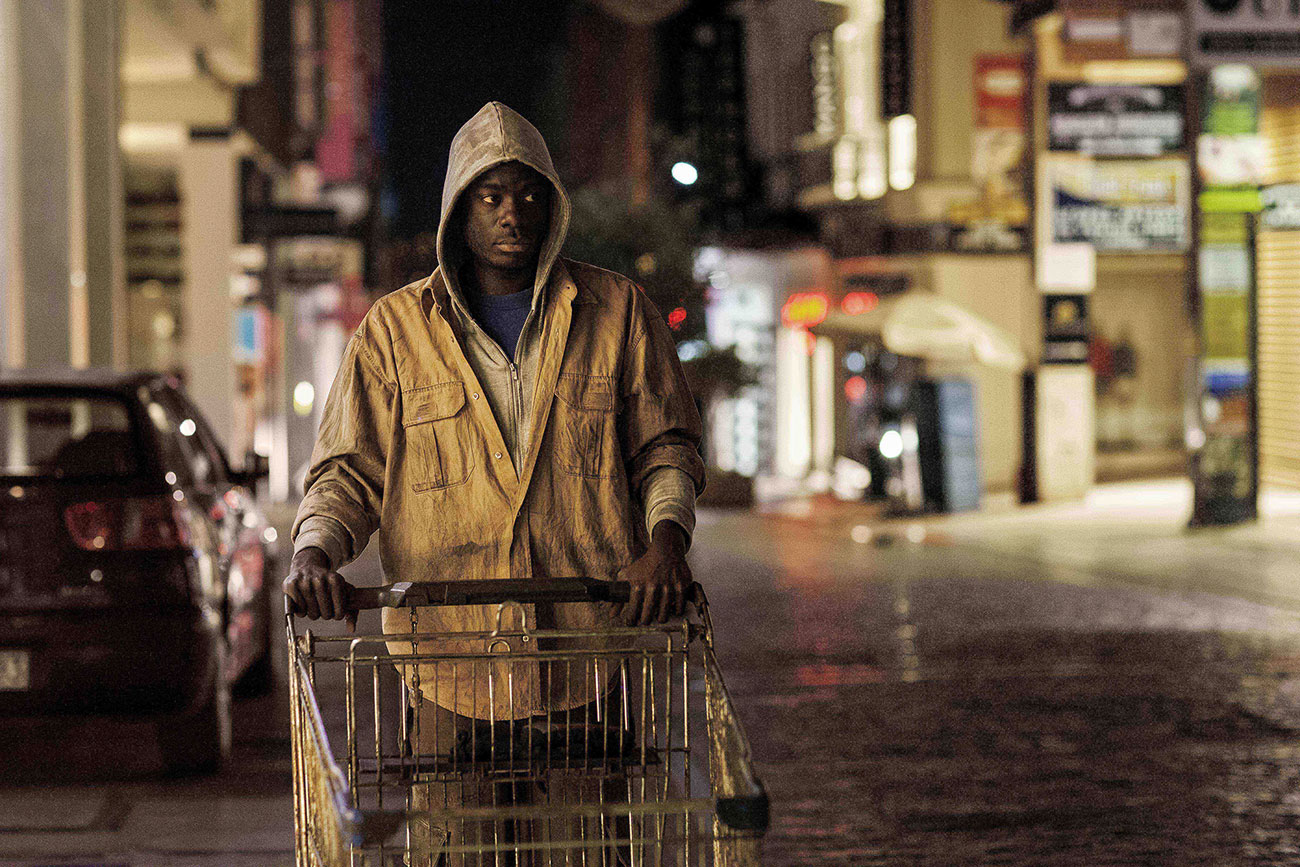History Zero
Stefanos Tsivopoulos
Mucem, fort Saint-Jean—
Fort Saint-Jean Georges Henri Rivière Building (GHR) 320 m2
|
From Thursday 20 November 2014 to Monday 13 April 2015
In a museum of civilisations like the Mucem, curators, scientists, researchers in social sciences and humanities are not the only ones able to shed light on the social issues which underlie current European and Mediterranean political affairs. Artists have long addressed these issues in order to twist them into new forms, decipher them, and offer a singular reading which allows us to perceive and interpret them differently. The Georges-Henri Rivière (GHR) building, at Fort Saint-Jean, has precisely that purpose: to provide a place for contemporary works which make these areas of tension, fracture and change perceptible; areas that artists are often able to perceive before everyone else, and on which they offer a specific point of view that is neither encyclopaedic nor didactic, but one that compels us to think deeply.
History Zero is an installation that belongs to this very category of works. Created by the Greek artist Stefanos Tsivopoulos for the 2013 Venice Biennial, it consists of three films set in Athens in 2013, and a documentary space, for which the artist has asked researchers to investigate examples of non-monetary exchange systems, used alongside official currencies. This project raises the question of the place of money in the Greek society of today and, more broadly, in capitalist societies shaken by recurring financial crises and marked by social inequalities. It also raises the issue of the role that money plays in the individual destiny of each person, and in the formation of human relationships.
Using fiction is a way to not take seriously the diktats of an economic reality for which it is said there is no other possible alternative. It is a way of reshuffling the cards, of allowing oneself the freedom to dream of a clean slate, and the possibility of rebuilding a new world from it. Yet the characters portrayed in the film- an art collector suffering from dementia, an immigrant searching for scrap metal in garbage bins, an artist taking photographs of the city- do all maintain strict links with reality. The confrontation of these works of realistic fiction with the documentary space dealing with alternative currencies strengthens the feeling that a reappraisal of the economic system as a whole might be possible.
Stefanos Tsivopoulos’ political commitment is at the heart of his work as an artist. For him, art should aim to open up and provoke public debate, words which, from a Greek artist, are not to be taken lightly. The presentation of History Zero at a museum of civilisations, transcending the inner circle of contemporary art specialists, is thus highly appropriate. It also finds a natural place in the context of a “Temps fort” (exhibition highlight) at the Mucem devoted to Greece, “After the Crisis”.
